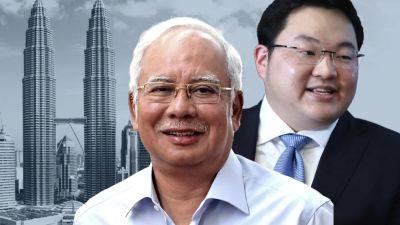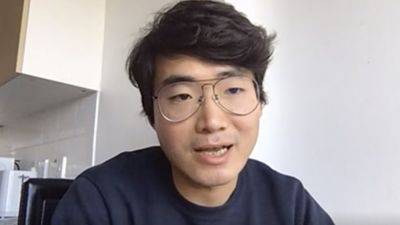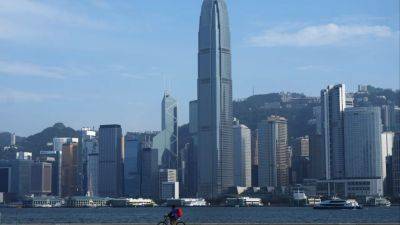The toll of Beijing’s security law on Hong Kong’s activists
HONG KONG (AP) — Activist Chan Po-ying is permitted only 15-minute daily visits to see her husband, Leung Kwok-hung, separated by a plexiglass barrier in a highly guarded Hong Kong jail.
Leung, 68, is one of 47 activists who were prosecuted in the largest national security law case to date in the former British colony. Most of them have been separated from their loved ones for years, uncertain when they might reunite. On Thursday, 16 activists who pleaded not guilty — including Leung — will begin hearing their verdict.
The government had warned there might be legal consequences, but Chan didn’t stop former pro-democracy legislator Leung from participating in an unofficial 2020 primary election that would lead to his prosecution under a national security law that Beijing imposed on the semi-autonomous city.
“Maybe we were too naive,” Chan, 68, said with a laugh.
Charged with conspiracy to commit subversion, Leung and other defendants are accused of attempting to paralyze Hong Kong’s government and topple the city’s leader by securing the legislative majority necessary to veto budgets. The charge carries a maximum sentence of life imprisonment. Those who pleaded guilty have a better chance at shorter prison terms and will be sentenced at a later date.
“I guess almost none can be acquitted,” said Chan, who chairs the League of Social Democrats, one of the city’s few remaining pro-democracy parties. “I am not optimistic. But I also hope someone can get away from it.”
ACTIVISM IN HONG KONG
Chan was part of a wave of youth activism spreading through Hong Kong when she met Leung in a Marxist group around 1975, when the city was still under British rule.
At first, Chan viewed Leung as a “troublesome guy,” being adamant about







